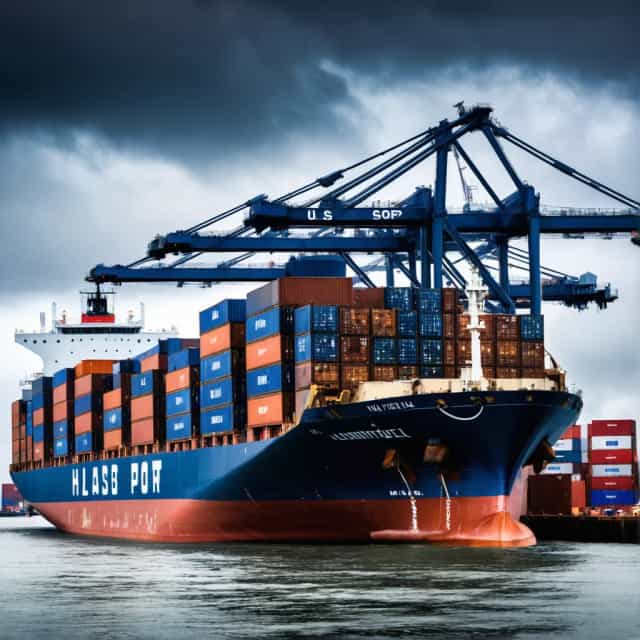Supreme Court Poised to Strike Down Trump’s Tariff Agenda

- Landmark ruling could redefine executive power and reshape U.S. trade policy
- Legal battle centers on the president’s use of emergency powers to impose tariffs
On July 26, 2024, Reuters reported a growing consensus among Wall Street analysts that the Supreme Court will overturn former President Donald Trump’s unilateral tariffs, which he imposed under the International Emergency Economic Powers Act (IEEPA).
At the center of this dispute is V.O.S. Selections, Inc. v. United States, a case arguing that Trump’s actions exceeded his authority under the 1977 legislation. A ruling could set a pivotal precedent for executive power in trade policy.
According to a July 25, 2023 research note from Piper Sandler, the stakes are high, as a Supreme Court ruling upholding lower court decisions could unravel all trade measures enacted under the IEEPA. These measures include duties targeting imports from major trading partners like China, Mexico, and the European Union. The Piper Sandler analysts also warned that the government might have to issue retroactive refunds to affected businesses, a possibility that elevates the financial and economic risks of the proceedings.
Lower courts leading up to this showdown have consistently rejected Trump’s tariff actions. On May 27, 2024, the U.S. Court of International Trade (CIT) ruled in a 2-1 decision that the IEEPA does not permit tariffs, asserting that Trump “exceeded the authority granted to the president.” Similarly, in Learning Resources, Inc. v. United States, the District Court for the District of Columbia issued a preliminary injunction against the tariffs after Judge Rudolph Contreras deemed the measures “likely unlawful,” although he stopped short of vacating the executive orders entirely.
Legal scholars largely agree with the plaintiffs about the IEEPA’s scope. Congress designed the statute to address emergency threats originating outside the U.S., and legal experts note that the law does not mention tariffs, duties, or imports. Attorneys in V.O.S. Selections, Inc. v. United States stress that the act’s nearly 50-year history offers no precedent for such presidential actions, emphasizing that the Constitution gives Congress the authority to impose tariffs.
Trump's legal team counters by interpreting the IEEPA’s language on regulating "importation" to broadly authorize tariffs. However, lower courts have repeatedly dismissed this claim. While the argument faces mounting setbacks, legal appeals keep the Trump-era tariffs intact pending a final resolution.
The U.S. Court of Appeals for the Federal Circuit recently stayed the CIT’s ruling in V.O.S. Selections and has scheduled oral arguments for July 31, 2024. Meanwhile, Learning Resources awaits a judgment from the D.C. Circuit Court of Appeals after the Supreme Court denied that case's expedited request for review earlier this year.
The expected ruling carries profound implications beyond Trump-era policies, affecting broader U.S. trade governance. A Supreme Court decision that limits the IEEPA’s reach would curtail executive power in trade regulation and reinforce the constitutional mandate giving Congress oversight of tariff policies.
Get real-time crypto breaking news on Unblock Media Telegram! (Click)










